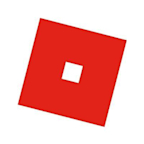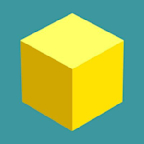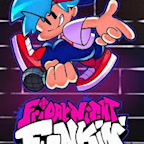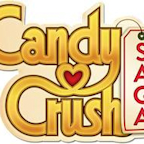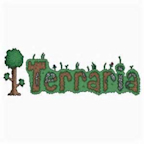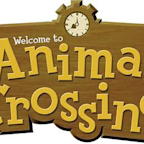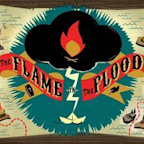Search results
Results from the WOW.Com Content Network
Color 0 0 0000: Black 1 1 0001: Blue 2 2 0010: Green 3 3 0011: Cyan 4 4 0100: Red 5 5 0101: Magenta 6 6 0110: Brown 7 7 0111: Light Gray 8 8 1000: Dark Gray 9 9 1001: Light Blue 10 A 1010: Light Green 11 B 1011: Light Cyan 12 C 1100: Light Red 13 D 1101: Light Magenta 14 E 1110: Yellow 15 F 1111: White
Dark Purple Color coordinates; Hex triplet #301934: sRGB B (r, g, b) (48, 25, 52) HSV (h, s, v) (291°, 52%, 20%) CIELCh uv (L, C, h) (13, 15, 300°) Source: ISCC-NBS: ISCC–NBS descriptor: Very dark purple: B: Normalized to [0–255] (byte)
Brown colors are dark or muted shades of reds, oranges, and yellows on the RGB and CMYK color schemes. In practice, browns are created by mixing two complementary colors from the RYB color scheme (combining all three primary colors). In theory, such combinations should produce black, but produce brown because most commercially available blue ...
Beer bottles of different colors. Glass coloring and color marking may be obtained in several ways. by the addition of coloring ions, [1] [2] by precipitation of nanometer-sized colloids (so-called striking glasses [1] such as "gold ruby" [3] or red "selenium ruby"), [2] Ancient Roman enamelled glass, 1st century, Begram Hoard.
color1 := color × 100% color2 := color1 × 93.2% color3 := color1 × 80.4% color4 := color1 × 54.8%. Examples: "Yellow 2" (238, 238, 0) is based on "Yellow" (255, 255, 0) with 255 × 0.932 = 237.66. "Ivory 3" (205, 205, 193) is explained by "Ivory" (255, 255, 240) where 255 × 0.804 = 205.02 and 240 × 0.804 = 192.96.
Dark Purple Color coordinates; Hex triplet #301934: sRGB B (r, g, b) (48, 25, 52) HSV (h, s, v) (291°, 52%, 20%) CIELCh uv (L, C, h) (13, 15, 300°) Source: ISCC-NBS: ISCC–NBS descriptor: Very dark purple: B: Normalized to [0–255] (byte)
The first letter of the color code is matched by order of increasing magnitude. The electronic color codes, in order, are: 0 = Black; 1 = Brown; 2 = Red; 3 = Orange; 4 = Yellow; 5 = Green; 6 = Blue; 7 = Violet; 8 = Gray; 9 = White; Easy to remember. A mnemonic which includes color name(s) generally reduces the chances of confusing black and brown.
Source. W3C CSS Color Module. B: Normalized to [0–255] (byte) Fuchsia ( / ˈfjuːʃə /, FEW-shə) is a vivid pinkish-purplish- red color, [1] named after the color of the flower of the fuchsia plant, which was named by a French botanist, Charles Plumier, after the 16th-century German botanist Leonhart Fuchs .
Pantone 448 C. Pantone 448 C is a colour in the Pantone colour system. Described as a "drab dark brown " and informally dubbed the "ugliest colour in the world", it was selected in 2012 as the colour for plain tobacco and cigarette packaging in Australia, after market researchers determined that it was the least attractive colour. [2] [3] [4] [5]
A color code is a system for encoding and representing non-color information with colors to facilitate communication. This information tends to be categorical (representing unordered/qualitative categories) though may also be sequential (representing an ordered/quantitative variable).

